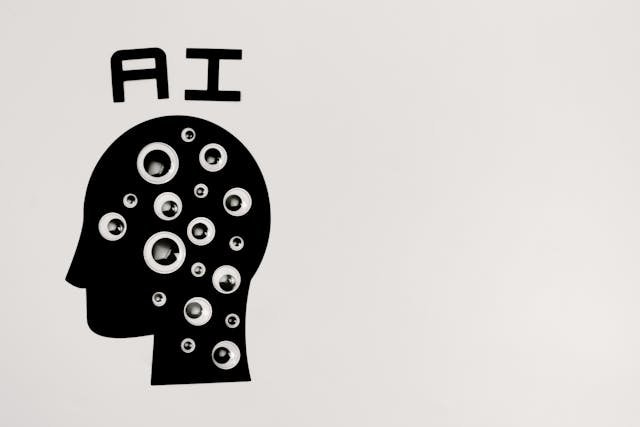
Doctors are turning to new artificial intelligence tools to improve patient care, but they’re facing a big question: Who pays if AI makes a mistake? The American Medical Association is calling for clarity, highlighting the need for trust in these systems and protection from liability.
“We’re seeing lawsuits already,” says AMA President Jesse Ehrenfeld. The issue, he adds, feels like “building the plane as you’re flying it.”
At stake are not just hefty medical malpractice payouts, but also defining who is responsible when AI is involved in medical decisions. This debate is reigniting discussions around medical malpractice, with the landscape evolving as AI becomes more prevalent in healthcare.
US Congress is being urged to step in and provide guidance. Representatives like Greg Murphy and Vern Buchanan are acknowledging the need for liability reform in the AI era.
In the absence of clear legislation, the legal landscape remains uncertain. Judges are expected to shape the parameters of this new system, while healthcare providers, tech companies, and patients navigate the risks.
The core issue revolves around the question of accountability. While some argue that doctors should ultimately be responsible for decisions made with AI, others suggest shared responsibility between doctors and the AI systems they use.
Meanwhile, the rise of AI in medicine raises questions about patient care and decision-making. Doctors must weigh the benefits of AI against potential risks and uncertainties.
In the midst of this uncertainty, insurance companies are closely monitoring the situation. The impact of AI on malpractice insurance premiums remains to be seen, with implications for where doctors choose to practice and what specialties they pursue.
Despite the challenges, the goal remains to use AI as a tool to support and enhance current standards of care, with doctors retaining ultimate authority in patient treatment decisions.
As AI continues to shape the future of medicine, finding the balance between innovation and responsibility remains paramount.


